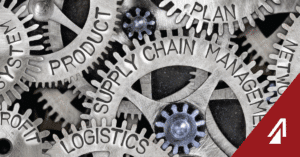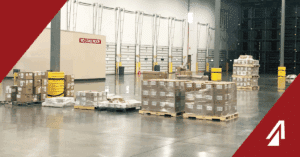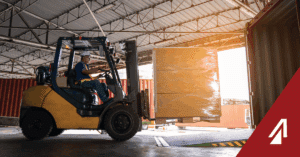One of today’s top concerns for consumers is the issue of sustainability. Key players in logistics as well as many other industries are taking environmental concerns seriously as a way to help the planet and create a key differentiator in the market. That is why ProTrans is proud to announce its participation in the Ecovadis Corporate Responsibility Assessment. According to Ecovadis, this assessment evaluates the “quality of a company’s sustainability management system through its policies, actions, and results” as well as focuses on key themes including Environment, Labor & Human Rights, Ethics, and Sustainable Procurement.
Through this assessment, ProTrans has achieved a silver rating, putting it in the top 25th percentile of all companies evaluated. ProTrans CCO Shawn Masters added, “ProTrans puts a great emphasis on reducing our accounts’ environmental impact. We specifically engineer efficiencies to improve equipment utilization and reduce carrier drive times resulting resulting in reduced carbon emissions, reduced damages, and ultimately, reduced spend for our accounts. We are proud to partner with Ecovadis and look forward to growing our sustainability opportunities.”



